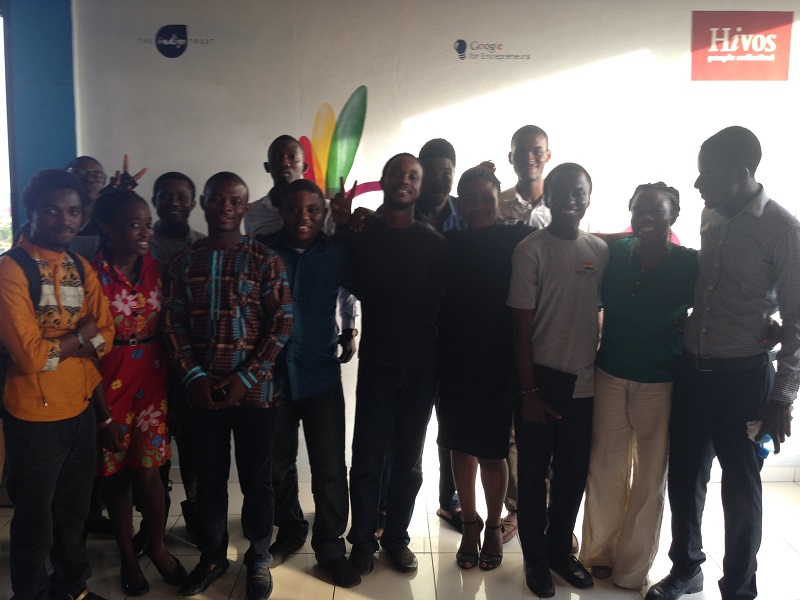Ghanaian startups Sunshade Energy and WI have been selected to continue to the accelerator stage of the country’s leg of the World Bank’s global Negawatt Challenge.
Sunshade Energy aims to strengthen building insulations by offering an upgrade to conventional shading systems, while WI which does the same by offering a turbine cool housing unit.
The two teams beat off competition from Filip and ASOR to win the bootcamp stage of the competition and proceed to the three-month accelerator of the challenge, which focuses on energy efficiency and low carbon growth. The competition will culminate in November, when one team from each of the Negawatt cities will travel to the Smart City World Expo Congress in Barcelona and pitch their solutions.
Disrupt Africa reported last month the bootcamp stage of the competition was getting underway in Nairobi, Kenya, while the same process is ongoing in Tanzania.
Alison Roadburg, programmes manager of bootcamp host iSpace, said having witnessed the energy and dedication of the participating teams she is convinced the topic of energy efficiency will remain “long salient” after the competition.
“The teams’ ideas are bold and impressive, as the teams embarked on a journey to help curb contextual energy inefficiencies in Accra,” she said.
“Negawatt came at a pivotal moment in Ghana, as we’ve been experiencing severe power cuts throughout the country, the most pressing of which hit the capital. With no electricity for periods of 24 hours or longer, entrepreneurs have been forced to ask themselves, how can we make energy more efficient through new inventions?”
The bootcamp aimed to take the ideas generated at the Negawatt Weekend to the next level, through a curriculum of business development, finance, marketing, the legalities of a startup, and software and hardware training.
“Extra attention was paid to polishing the pitching skills, as this was a key step in the transgression of the bootcamp. In addition to the training curriculum, each team was matched with a mentor for individualized guidance on specific needs and received a virtual mentorship session from National Instruments (NI),” Roadburg said.
“The boot camp was a great learning experience for me, though it was a learning curve. I’ve been on the entrepreneurial journey for a while, but there were things that I didn’t realise and there are things that I didn’t know, so it has changed my focus on some of the things that I do,” said Nii Tete Saashi Quaye from Sunshade Energy.
“It was energising to see youth coming up with creative and innovative ideas for energy efficiency. The passion which inspired the teams to move from ideas to prototype to an eventual idea was a very encouraging thing to witness,” said Josiah Kwesi Eyison, co-founder and chief executive officer (CEO) of iSpace.


